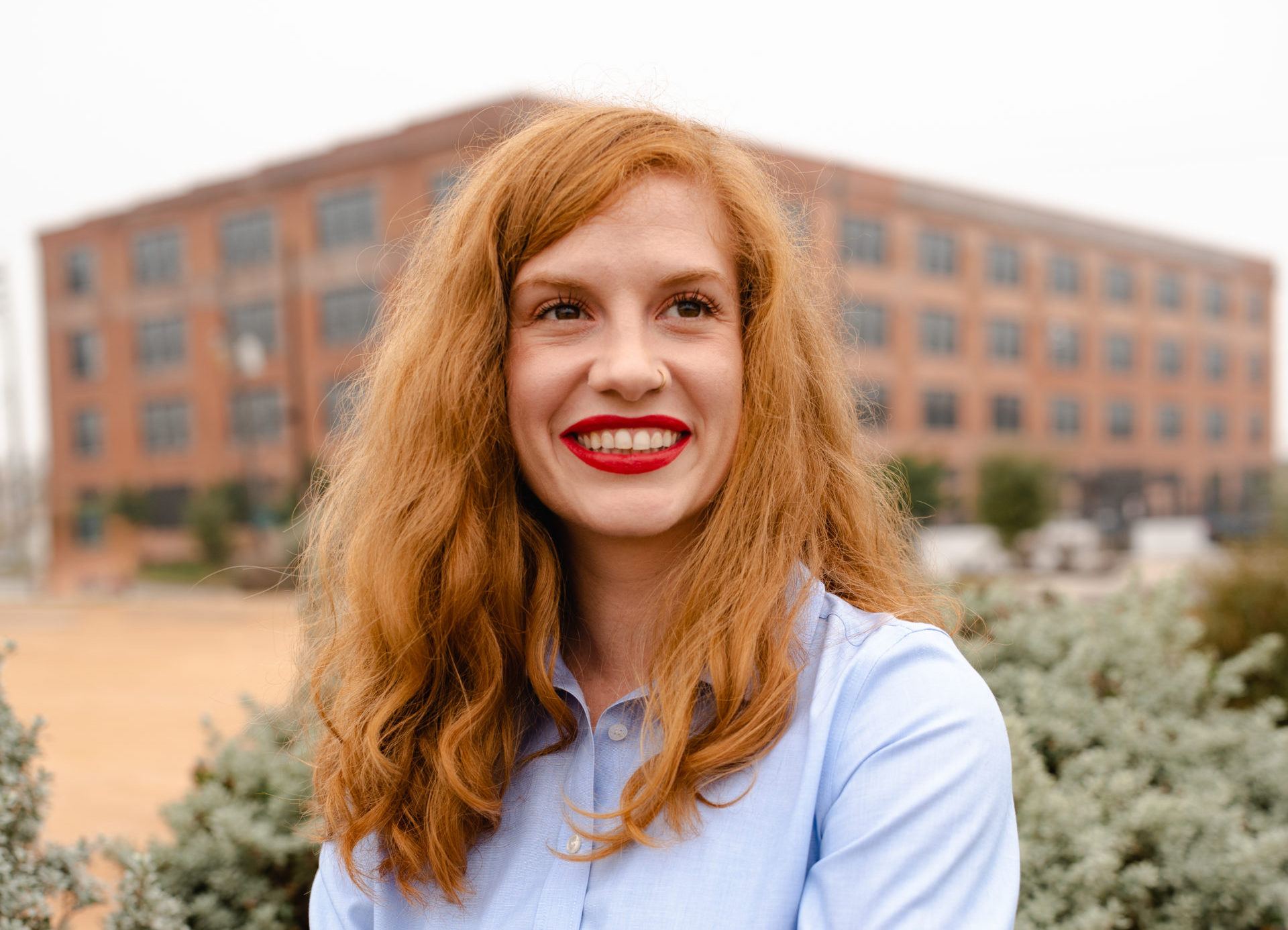ustxtxb_obs_2004_01_16_50_00013-00000_000.pdf
Page 20
vapid adherence to tolerance, hooks sees it as a rigid, conspiratorial promotion of intolerance cemented by white men through the classical forces of race, class, and gender discrimination. Whereas Bloom concerned himself with the fate of the individual in society, hooks subsumes individualism in the noble quest for a “beloved community.” And whereas Bloom combed the classics for timeless answers, hooks seeks provisional explanations in the theoretical musings of her contemporaries. In the end, however, the comparison with Bloom is ultimately stunted by the unfortunate fact that hooks has written a tired book stuffed with recycled jargon from the early 1990s, a time when political correctness had reached a fevered pitch on college campuses \(and she pointing aspect of Teaching Community: A Pedagogy of Hope is the trumped -up expectation that we might indeed finally have a thoughtful and successful critique of education from the left. That possibility turns out to be entirely chimerical. For the earnest liberal, there’s something quite exciting about an established scholar of women’s studies who has taught all over the country \(including a proposing ways to rid the educational process of “all the socialization that leads us to behave in ways that perpetuate domination?’ But my overall impression after reading this series of essays was thatdespite my genuine appreciation of hooks’ ambitionshe’s simply way in over her head. Understanding how her book fails \(beyond not addressthough, is instructive because it allows us to think through what the future opus The Opening of the American Mindmight look like once the appropriate writer comes along. First, there’s the issue of clarity. I have no idea about this lowercase proper name business, and generally have no problem with it. People have a right to do whatever they want with their own names. My word processing program, however, is understandably pissed, doggedly insisting on capitalizing [H]ooks when I start a sentence with her name. On the one hand, I suppose this reversion to traditional grammar means that my laptop is an inert victim of the “imperialist white-supremacist capitalist patriarchal values” practiced by the folks over at Microsoft who have the gall to assume that the start of a sentence must be a capital letter. My corrupt machine is undoubtedly swayed by “imperialist white-supremacist capitalist patriarchal rage” inherent in spelling conventions that originated in that very dead white male Noah Webster. More problematic, however, is the more mundane possibility that hooks’ unconventional name reflects a deeper predilection for unconventional grammatical regulations. It might seem bitchy to pick on grammar in a review, but this book is about education, after all, and thus fair game for such sport. Also, there’s an even bigger concern: What appears to be a systematic inattention to syntax and basic proofreading suggests that the logic behind many of hooks’ substantive claims received the same level of attention as did her grammar. That is, very little. I’ll spare you examples. Plus, I stopped counting after egregious subject-verb disagreement number five. Furthermore, to harp on the fact that, for example, hooks uses the adjective \(\(awesome” three times in one short paragraph or “beloved” five times in a single page would seem so picky as to suggest that I was part and parcel of “the voice of dominator hegemony,” a lily-white cog in the machine that is the “imperialist white-supremacist capitalist patriarchal mass media?’ Next, a book on teaching should be written by a scholar who loves to teach, right? hooks, however, evidently disagrees, tipping her hand in the book’s second essay. “Working within the conventional corporate academic world where the primary goals of institutions is [sic] to sell education and produce a professional managerial class schooled in the art of obedience to authority and accepting of dominator based hierarchy;’ she writes in a clause indicating that she should have been more obedient to her high school English teacher’s authority, “I often felt as though I was in the dysfunctional family of my childhood where In pure Bloomian fashion, hooks eschews specific educational problems demanding policy oriented solutions. I was often in the outsider position and scapegoated, viewed as both mad and as a threat.” Translation: I’m getting tired of teaching. “I did not;’ she elaborates, “want to teach in settings where individuals needed to be graded.” She became fed up with a system “requiring students to take specific courses in order to complete degree requirements:’ hooks wanted out of a profession populated with “boring, drunk professors \(usually the same notes they have used for more than twenty years, teaching the usual white, male-centered classes.” Her recent decision to take a possibly permanent hiatus from the classroom follows a pattern of abandoning “the system” when the system rubs her the wrong way. When Oberlin ruffled her feathers many years back she exploded about not being “valued rightly;’ whined about ” [c] onstant power struggles;’ and, as she proudly conveys it, up and bolted to City University of New York. Eight pages before recounting this episode, however, hooks reminded future teachers of the world that “we learn and grow in circumstances where we do not feel safe;’ and that “the presence of conflict is not necessarily negative but rather its meaning is determined by how we cope with that conflict.” One might be inclined to suffer hooks’ inconsistencies were she stuck at, oh, West Point or the Virginia Military Institute. But recall, she was having to endure this special kind of conservative intolerance at, um, Oberlin College \(perhaps the crunchiest Third, a book aiming to redefine America’s entire educational experience should provide a clear explanation 1/16/04 THE TEXAS OBSERVER 13


